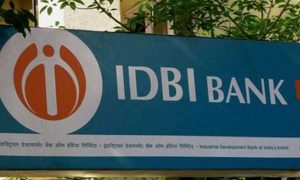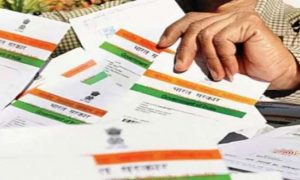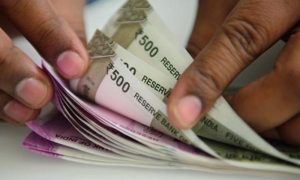As per the central bank’s Financial Stability Report, non-performing assets in credit card segments for public sector banks were 18 per cent as of March 2023 as compared with 9 per cent a year ago.
Read More: Applying for digital credit? Beware of these 4 red flags on digital lending platforms
New Delhi: A credit card can be considered both a boon and a bane, depending on the person who is using it and the way how he/she uses it. For starters, credit cards allow people to defer their payment for a purchase, convert large purchases into EMIs, give flexible EMI options, and much more.
As per a recent release by the Reserve Bank of India (RBI), credit card dues crossed the Rs 2-lakh crore mark in April 2023, which is a significant increase from the previous year. There could be several reasons to this including rising cost of living or increased or increased consumer confidence.
As per the central bank’s Financial Stability Report, non-performing assets in credit card segments for public sector banks were 18 per cent as of March 2023 as compared with 9 per cent a year ago.
However, sometimes consumers do pay a hefty amount as interest charges whenever they are not cautious about spending, or make wise financial decisions. Here are some tips for credit card holders to manage their debt.
The Best Option – Pay Dues In Full
If you spend more than what you earn, it can lead to accumulation of debt unless you have other sources of income. Hence, it’s always advisable to spend on your credit card only what you can afford to pay off in full each month. You should create a budget to ensure you are spending within your means and prioritise essential expenses over discretionary ones.
Read More: Mahila Samman Savings Scheme: Open Account In ICICI Bank, Axis Bank, HDFC Bank, IDBI Bank & PSUs
Even if you pay off the minimum amount, you will be charged a high interest rate on the remaining amount you owe.
Prioritise High-Interest Debts
If your financial situation doesn’t allow you to pay off your credit card in full, at least make the minimum payment each month to avoid late payment penalty. Your credit score will impacted of you constantly fail to pay on time.
If you have multiple credit cards or loans, you should pay off first the ones with the highest interest rates or the ones with a larger principal amount, whichever is more. This strategy allows you to minimise the overall interest you will pay overtime.
Consider balance transfers
One of the ways to get a temporary relief from paying off your credit card dues is by transferring high-interest balances to a card with a lower or nil introductory rate. This will help you get time to source some money and thereby pay down the principal amount faster.
However, you must be aware of any balance transfer fees imposed by the bank. Also, if you have multiple credit card debts, it is advisable to consolidate them into a single loan or line of credit so that your repayment process could be simplified. Apart from easing the repayment process, this approach can potentially lower your interest rate and provide a structured repayment plan.
Convert Debt To EMIs
If you’re unable to pay your credit card debt in full, you can always convert your purchases into EMI payments when you don’t have to pay the whole money at one go. You can repay in smaller payments. This will reduce your financial burden.
Read More: June 30 is the last date to complete a number of important tasks: Here’s your checklist
Avoid Accruing Debt
You must ensure that you avoid making new debs while managing your existing debt. Keep your credit card away to resist the temptation to make unnecessary purchases. Once you’re in a debt crisis, it’s important to deal with it proactively to avoid the same being snowballed into a bigger crisis that you cannot possibly handle.





































